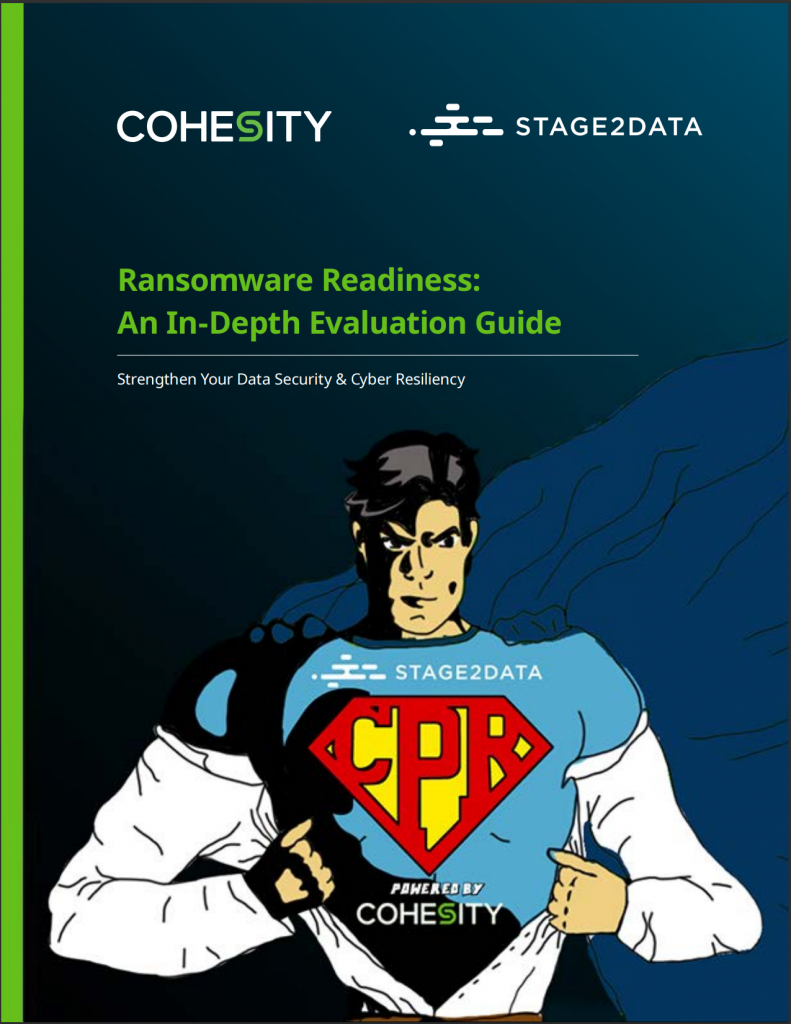SMEs are increasingly turning to cloud backup services for convenience, simplicity, and reliability. As an SME, protecting your computers and data from theft, cybercrime, and disasters (human and natural) is crucial as you’ll be in possession of customers’ financial and personal information as well as your own business-critical information. That’s why planning and implementing a business backup system should be part of your business continuity strategy.
Your business’s backup system comprises two components: backing up and storing. The key is, therefore, when the need arises, being able to retrieve and restore the data in the shortest period of time. It’s often thought that simply plugging in an external hard drive and backing up your data to it is sufficient. Or even keeping a separate server down the hall for your second-copy data. This is the most basic form of backup and also the form with the most limitations. The biggest, of course, being when natural disaster strikes, it will destroy your external HDD and your separate-server-down-the-hall. As a side note, you will also have to employ and pay someone to continuously ensure HDD and server health. Point is, on-prem backup is only half the equation.
Cloud backup ensures your data is backed up to the cloud, save from human and natural disasters, rather than on-prem. Nevertheless, there are still key questions that you should be aware of and ask your cloud backup service provider:
Where is the data stored?
It is important to know whether your cloud backup service provider will store your data offshore as this can pose a risk in the form of diminished regulation. We advise using a provider that stores your data in North America (at least).
How do you back up the data?
Cloud backup service providers usually have redundant systems which mean there will be a backup of your backup should something happen on the cloud provider’s premises. It is a meaningful question to ask your cloud backup service provider what type of disaster recovery plan it has in place and if it supports file revisions (that is, the ability to revert to an earlier version of a file).
How much will it cost?
Some cloud backup service providers charge per gigabyte and some a flat rate. It’s recommended you ask which side of the scale your cloud backup service provider falls on. Further questions to ask include whether they make provision for unlimited backup and if they back up all types of files. These questions are necessary as some cloud backup service providers do not backup large files such as videos or software downloads which mean you will not have a complete set of backed up data.
How quickly can you restore my data?
This is perhaps the most important questions as you want to get back to business as usual as fast as possible. This is why you also have to understand that simply because your data is backed up in the cloud doesn’t mean you’ll instantly get it back. It is very important to establish beforehand what your cloud backup service provider’s RTO is – immediate, hours or days.
As a final note, if your organization is bound by certain security standards, ensure the cloud backup service provider you choose can meet these compliance requirements.
Not all cloud backup providers are created equal. Isn’t it time you entrust your data storage needs Canada’s premier private cloud solution provider? We provide cloud backup services that give you the freedom to outsource your data storage needs with confidence and cost-efficiency. Your data will be safe and secure as all Stage2Data backups are protected.


